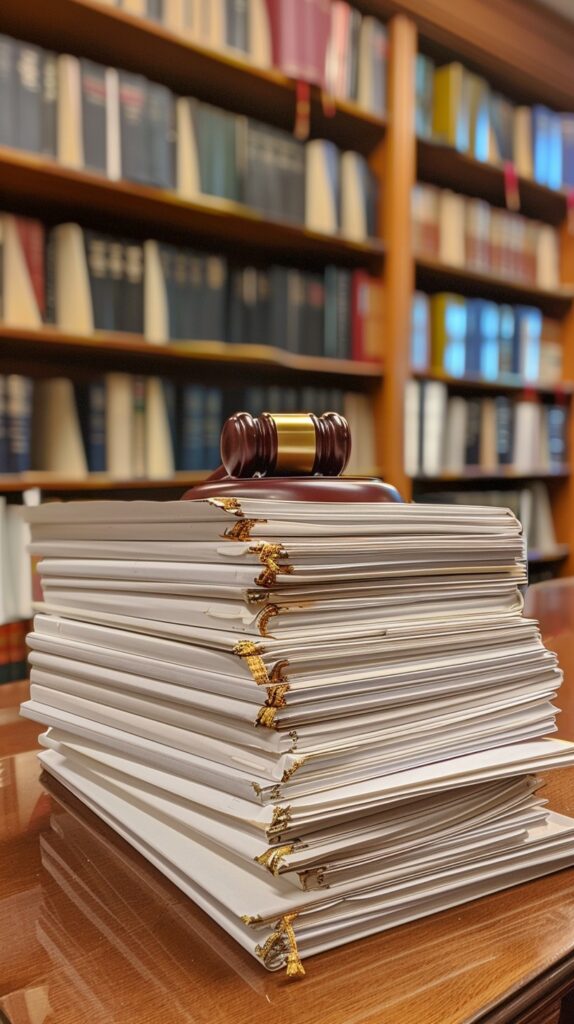
Introduction
I have written numerous articles on insolvency practice covering both corporate rescue and liquidation. In this article I deal with the legal consequences or offence of insolvent trading of companies.
Insolvency
A business is said to be insolvent if it is unable to settle its debts as they fall due. This may also include situations where the liabilities of the business exceed the business’ assets. According to the Insolvency Act (Chapter 6:07) or the Insolvency Act, a business that is insolvent can be liquidated.
Insolvent trading and the offence
Section 118(1) of the Insolvency Act can be interpreted to mean that insolvency trading is when a business such as a company continues to incur debt at a time when those responsible for the management of the company knew or had reasonable grounds to suspect that the business would not be able to pay such debt as well as other debts as they fell due. Insolvency trading can be an offence against those responsible for the management of the company. If the business is liquidated, an aggrieved person such as a creditor may make a Court application and the Court may declare that those responsible for the management of the business and therefore the insolvent trading are liable for the debts or other liabilities of the business as the Court may direct.
According to section 118(2) the Court must determine the amount payable with reference to the loss that was or will be suffered by the creditors on account of the insolvent trading.
In terms of section 118(3) the amount (payable) so determined must be paid to the applicant for distribution among the creditors represented in the application, or for distribution in such other manner as the Court considers appropriate in the circumstances. According to section 118(4) in determining the amount and its fair distribution among the creditors, the Court must have regard to the extent to which a particular creditor negligently or intentionally contributed to his or her own loss.
Test of diligence
According to section 118(5) the facts which a person referred to in section 118(1) ought to know or ascertain, the conclusions which he or she ought to reach and the steps which he or she ought to take are those which would be known or ascertained or reached or taken by a reasonable diligent person having both:
- the general knowledge, skill and experience that may reasonably be expected of a person carrying out similar functions as are entrusted to and carried out by that person in relation to the debtor; and
- the general knowledge, skill and experience that such person has.
Proof that debt would not be paid
According to section 118(6), unless proven otherwise, the following will be proof that the particular person, at the time the debt was incurred, had reasonable grounds to believe that the debtor would not be able to pay its debts as they fell due:
- That the liabilities (including prospective and contingent liabilities) of the debtor exceeded its assets, fairly valued, when the debt was incurred; or
- That the particular person committed an offence in respect of the accounting records of the debtor in respect of the period during which the debt was incurred; or
- That the particular person failed to take all reasonable steps to ensure that the accounting records in respect of the period during which the debt was incurred are surrendered or transferred to the liquidator.
Defences against accusations of insolvent trading
According to section 118(7) a person accused of causing the insolvent trading of a business may use the following defences to challenge his or her liability for insolvent trading:
- He or she had no knowledge of the transaction and could not reasonably be expected to have had knowledge of such a transaction.
- He or she believed that the debtor would be able to repay the debt because a competent and reliable person was responsible for monitoring the solvency of the debtor and for reporting to him or her and was fulfilling that responsibility satisfactorily.
- He or she did not take part in the management of the debtor on account of illness or for some other good reason.
- He or she took all reasonable steps to prevent the debtor from incurring such debt; or
- He or she took all reasonable steps to ensure that the creditor is informed that the debtor had reasonable grounds to believe that it would not be able to repay that debt when it fell due.
Conclusion
Insolvency trading is an offence against those responsible for the management of the insolvent business.
Disclaimer
This simplified article is for general information purposes only and does not constitute the writer’s professional advice. It is general and not specific to any entity or people.
Godknows (GK) Hofisi, LLB(UNISA), B.Acc(UZ), Hons B.Compt (UNISA), CA(Z), ACCA (Business Valuations) MBA(EBS, Heriot- Watt, UK) is the Managing Partner of Hofisi & Partners Commercial Attorneys, chartered accountant, insolvency practitioner, commercial arbitrator, registered tax accountant and advises on deals and transactions. He has extensive experience from industry and commerce and is a former World Bank staffer in the Resource Management Unit. He was recently appointed to sit on the Council of Estate Administrators in Zimbabwe. He writes in his personal capacity. He can be contacted on +263 772 246 900 or ghofisi@hofisilaw.com or gohofisi@gmail.com. Visit www//:hofisilaw.com for more articles.


